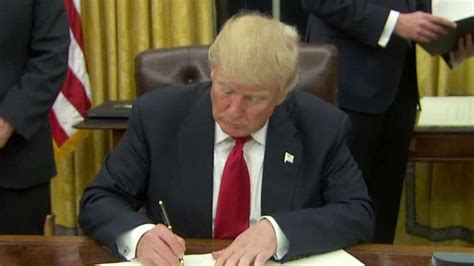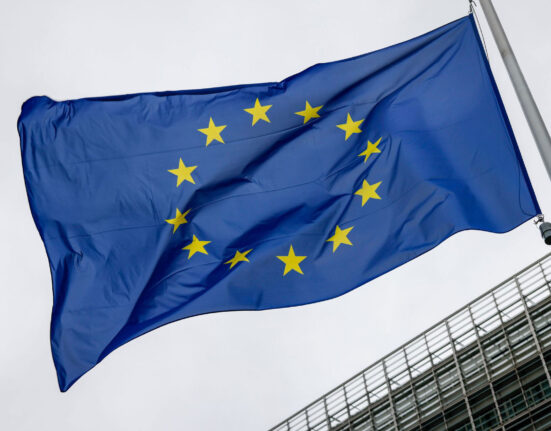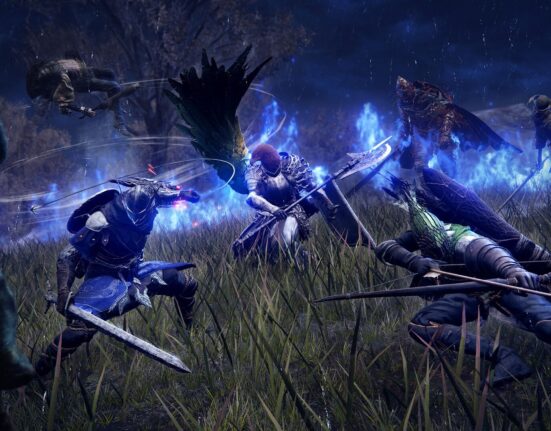On the first day in office, President Trump made headlines by issuing a series of executive orders and granting pardons to individuals involved in the January 6th events. The decision stirred a storm of reactions, with supporters applauding his actions while critics voiced concern over the implications of such pardons.
The power to grant pardons is enshrined in the U.S. Constitution, allowing presidents to pardon individuals for federal crimes. This authority has been exercised throughout history, sometimes sparking debates and controversy depending on the circumstances surrounding the pardon.
The Decision to Pardon
In this case, President Trump’s decision to pardon those involved in the January 6th incident raised eyebrows and fueled discussions across various platforms. Supporters argue that it was a gesture of goodwill towards those being unfairly prosecuted, while critics view it as condoning unlawful behavior and undermining accountability.
Impact on Public Opinion
The repercussions of these pardons have reverberated within political circles and public opinion. Some see it as an abuse of power or an attempt to rewrite history, while others interpret it as a show of loyalty to his base. The move has undoubtedly added fuel to an already divided nation.
As experts weigh in on this controversial move, many emphasize the significance of transparency and accountability in governance. While presidential pardons are part of the legal framework, their application can have far-reaching consequences that go beyond individual cases.
Expert Insights
According to legal scholars, presidential pardons have been subject to scrutiny throughout history due to their potential misuse or manipulation for personal or political gain. By wielding this power early in his term, President Trump set a tone for how he intended to navigate issues related to justice and law enforcement during his tenure.
Moreover, some experts argue that these pardons could influence future behaviors and attitudes towards similar acts by signaling where lines are drawn when it comes to holding individuals accountable for their actions under federal law.
As debates continue about the nature and implications of these pardons, one thing remains clear: they have ignited discussions about justice, legality, and ethical standards at the highest levels of government.









Leave feedback about this